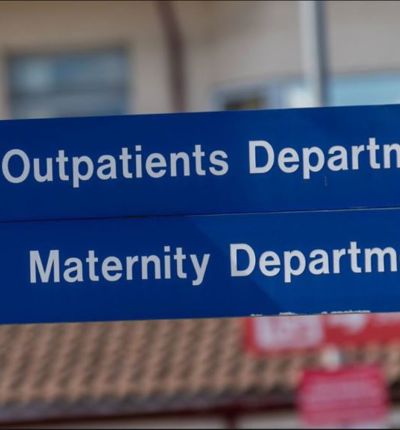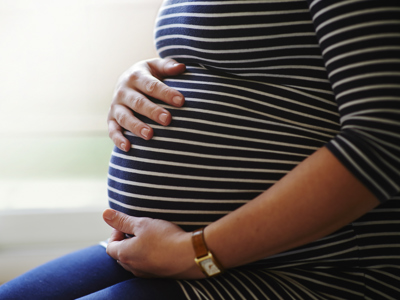
Guidance for judges sentencing pregnant women changed following annual consultation
New guidance on relevant considerations for judges and magistrates sentencing pregnant and post-natal women has been announced.
Posted on 18 March 2024
The mitigating factor for pregnancy and maternity means sentencers will be invited to consider the impact of custodial sentences on pregnant or postnatal offenders, and on their unborn or newly born babies.
The change was outlined by the Sentencing Council, which develops prison sentence guidelines, in the publication of the results of its third annual consultation on amendments to guidelines. The new guideline, which comes into force on 1 April 2024, directs sentencers that relevant considerations may include someone’s medical needs, the effect of the sentence on the offender’s health and the effect of the sentence on the child.
Leigh Day solicitor Maya Grantham was one of the respondents to the consultation. She highlighted a study published in 2020 where it was found that 22% of pregnant prisoners missed midwife appointments in comparison with 14% of the general population and 30% missed obstetric appointments, compared with 17% of the general population.
Maya further underlined that women in prison are seven times more likely to suffer a stillbirth than those in the general population, according to information gathered through freedom of information requests sent to 11 NHS trusts serving women’s prisons in England.
Furthermore, Maya noted that that pregnant women in prison are twice as likely to give birth prematurely as women in the general population, which often puts both mothers and babies at risk.
Following the consultation, the Sentencing Council has said that it is aware of the recent reports of the issues with care of pregnant women and their children in prison. The Council also recognised that the NHS now classifies all pregnancies in prison as high risk.
It is hoped that fewer pregnant and post-natal women will receive custodial sentences under these guidelines as sentencers will be better equipped to account for the potentially harmful impact of prison on pregnant mothers, on women who recently had a baby, and on the unborn or new-born babies themselves.
Maya Grantham said:
“The Sentencing Council’s announcement of a new mitigating factor of pregnancy, childbirth and post-natal care is a welcome change which recognises the potentially harmful impact of prison upon women and their unborn and newly born babies. However, the new mitigating factor alone won’t avoid further tragedy in our prisons. It is now for sentencing judges and magistrates to give proper weight to it when sentencing.”
The Sentencing Council’s amendments are due to come into effect on 1 April 2024.
HMP Stoke Heath inmate Martin Willis’ death caused in part by lack of precautions by prison and healthcare staff
An inquest jury concluded that 55 year-old Martin Willis took his own life whilst the balance of his mind was disturbed, but that this had been caused in part by inadequate precautions and poor communication by prison staff and healthcare staff at HMP Stoke Health.

Is it time to stop holding pregnant women in prison?
A harrowing report published by the Prisons and Probation Ombudsman reveals major failings in the care and treatment of pregnant women in prison, following the death of a baby born at HMP Bronzefield in 2019. In this blog post, Maya Grantham and Ellie Sutherland consider the failings highlighted by this tragic case and whether it is safe to hold pregnant women in prison.


